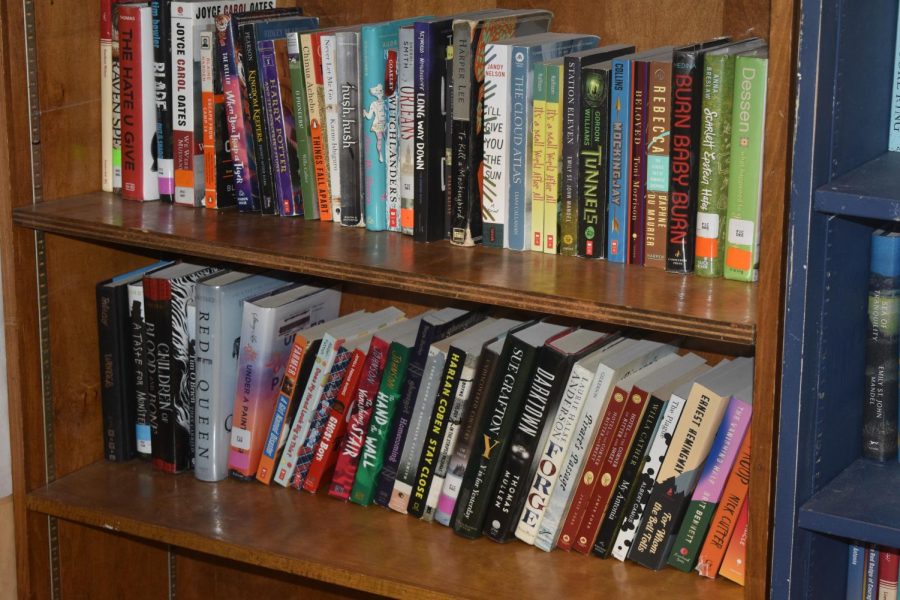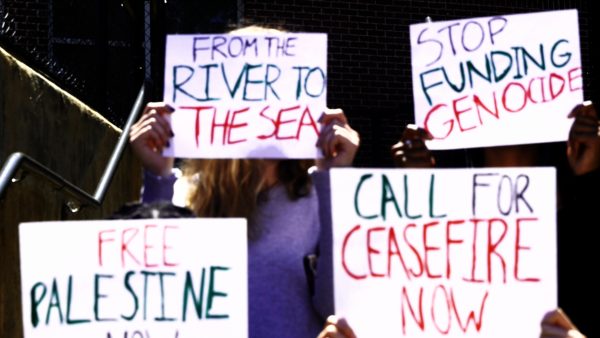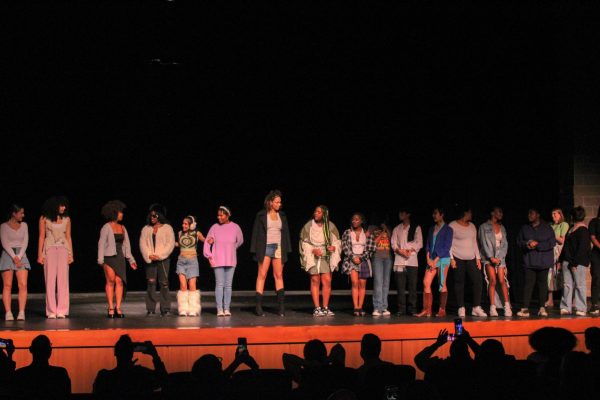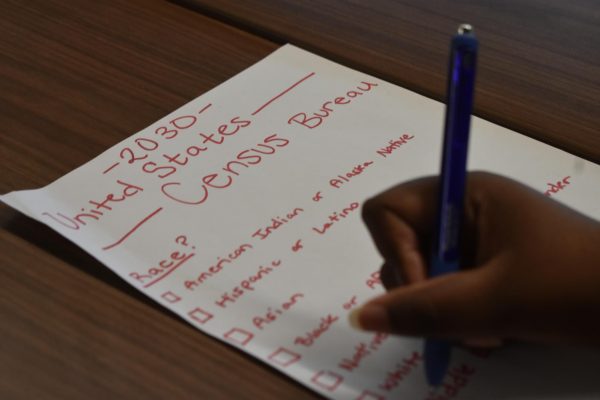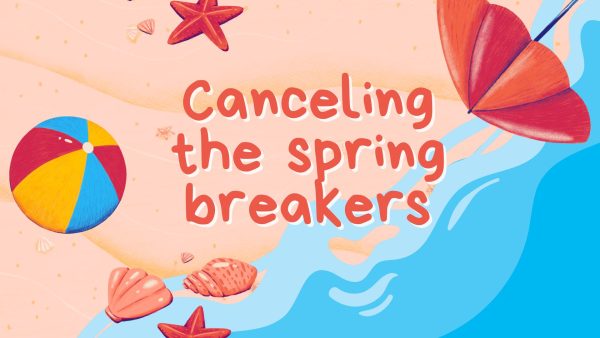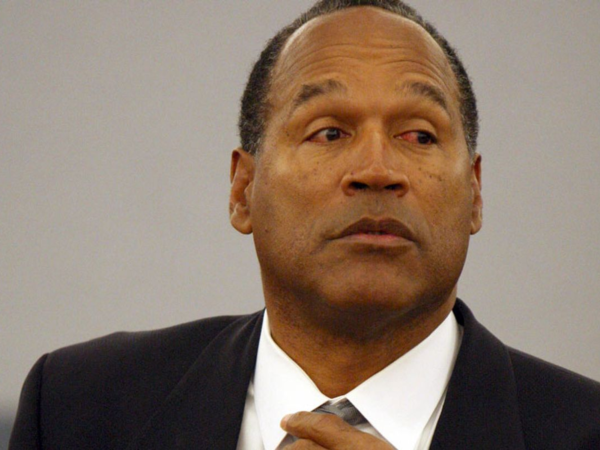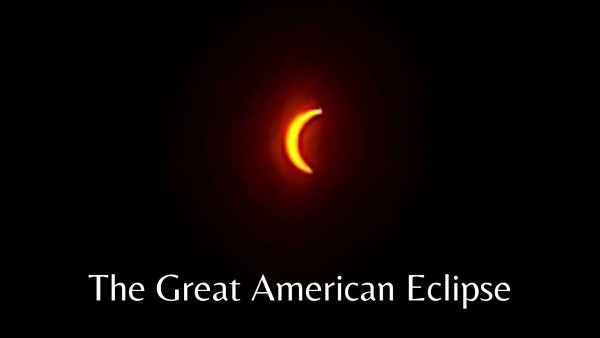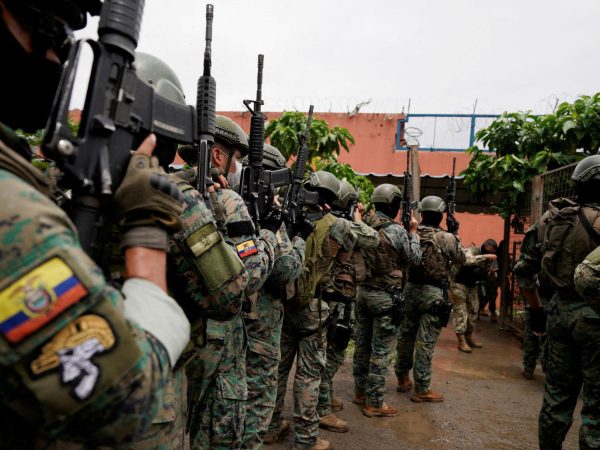The brutal banning of books
Politics have continued to dribble down into education in Florida; governor DeSantis now possesses a say in what students can and cannot read. Schools and counties banned several books in Florida, all for the sole purpose of enacting the law passed by Florida governor Ron DeSantis. The people, on the other hand, create different ways to distribute those banned books to the students to read.
April 28, 2023
February 14, 2023, a group of seven media specialists in Pinellas County, Florida met and decided that when in the library, students should possess the right to choose and read whatever book they would like. They decided that grades 9-12 can freely choose to read any novel.
Later that month, Democrats in Florida scrambled to try and censor the book written by governor Ron DeSantis called “The Courage to be Free”. The Democrats asked schools to review and ban the book. Last year, DeSantis signed and passed the law concerning books and schools must deemed books inappropriate if they contain content regarding race, sexuality, gender and or violence. They tried to take advantage of his law by mentioning instances of language that violate the law to ban his book. Schools struggle to understand this law due to its vagueness, leading to Duval County removing the children’s book “Roberto Clemente: Pride of the Pittsburgh Pirates” by Jonah Winter and Raul Colon from school libraries last month. The county removed the book from the shelves due to reviewing the book to follow DeSantis’ law concerning race, sexual identity, gender, and mentions of violence. The county banned 19 books, marking the highest amount of books for a district to ban. In just late March, several Florida schools banned a total of 65 books. On the other hand, DeSantis blamed the schools for overreacting and would not address the issue. On February 23, after review, schools returned the children’s books onto the shelves in the libraries.
“I think banning books impacts students, of course in their inability to access those texts. It limits their learning, their exposure to different types of literature,” media specialist Lisa Minderman said.
At a press conference, governor DeSantis clarified that schools or districts should remove books that contains LGBTQ+, sex education and race theories because it promote indoctrination. People created various ways for students to read the banned books, such as pop-up banned books libraries, banned-book giveaways and a banned bookmobile. Several mini free libraries popped up for people to check out banned books from schools. The law can potentially ban classics such as “To Kill a Mockingbird” or “Romeo and Juliet”. According to the Florida Department of Educations, all schools now must catalog and review the books by a certified specialist. The governor also passed the “Stop WOKE Act ” last year, which restricts how schools discuss concerning race, to condemn racial theory and also to prevent students from feeling responsible for the historical wrongdoing by their race, color, and or sex. Critics argue and call the law unconstitutionally vague.
“I think that banning books in schools, in a lot of ways, limits conversations that students might be able to grow from. I also think that a lot of the books that are being censored, are books that students are likely to hear references to throughout their lives and i think that it could have a ramifications for them to not be exposed to text that shows different perspectives or expose us to things that we didn’t live through ourselves,” magnet literature teacher Alexandra Yeganegi said.




